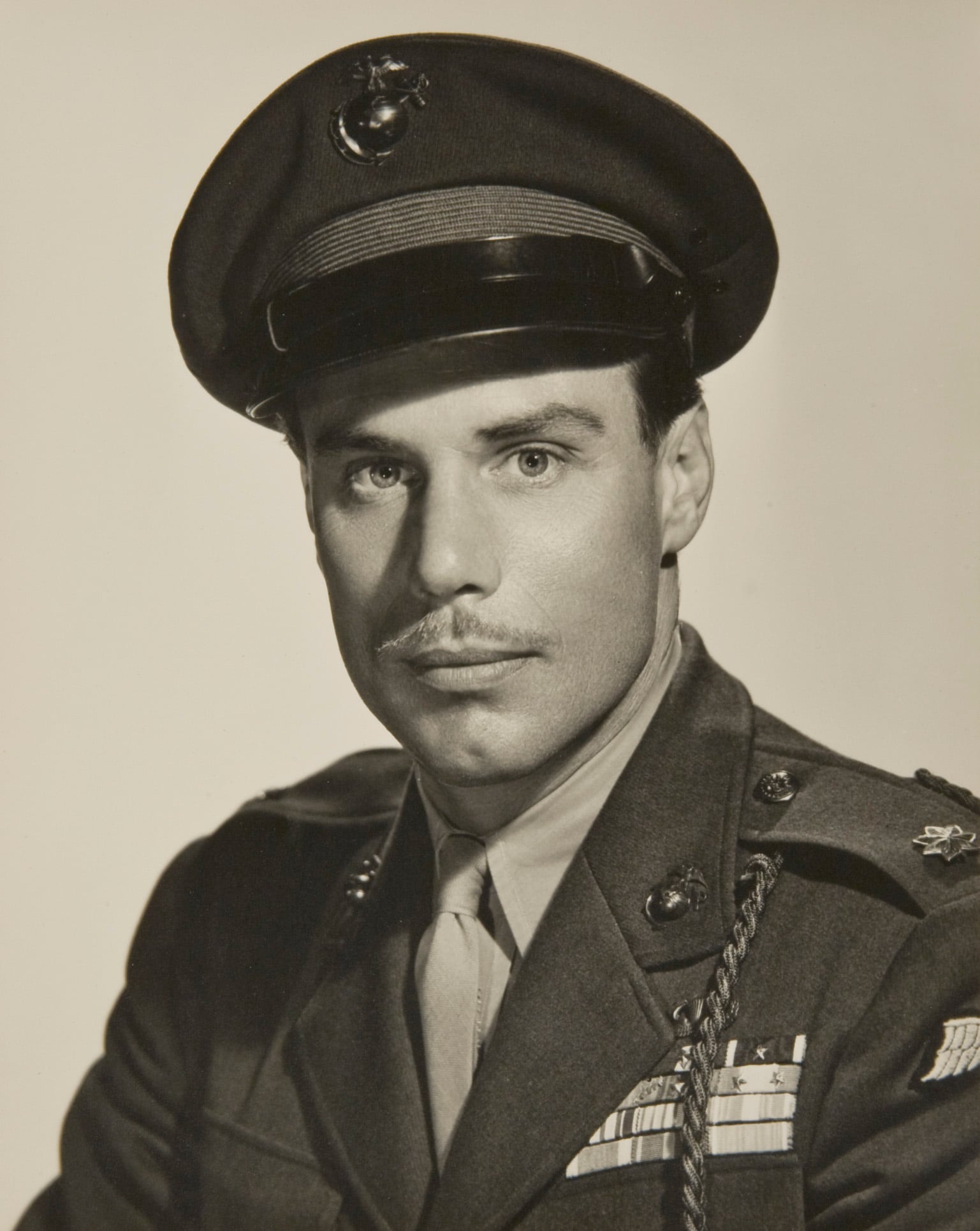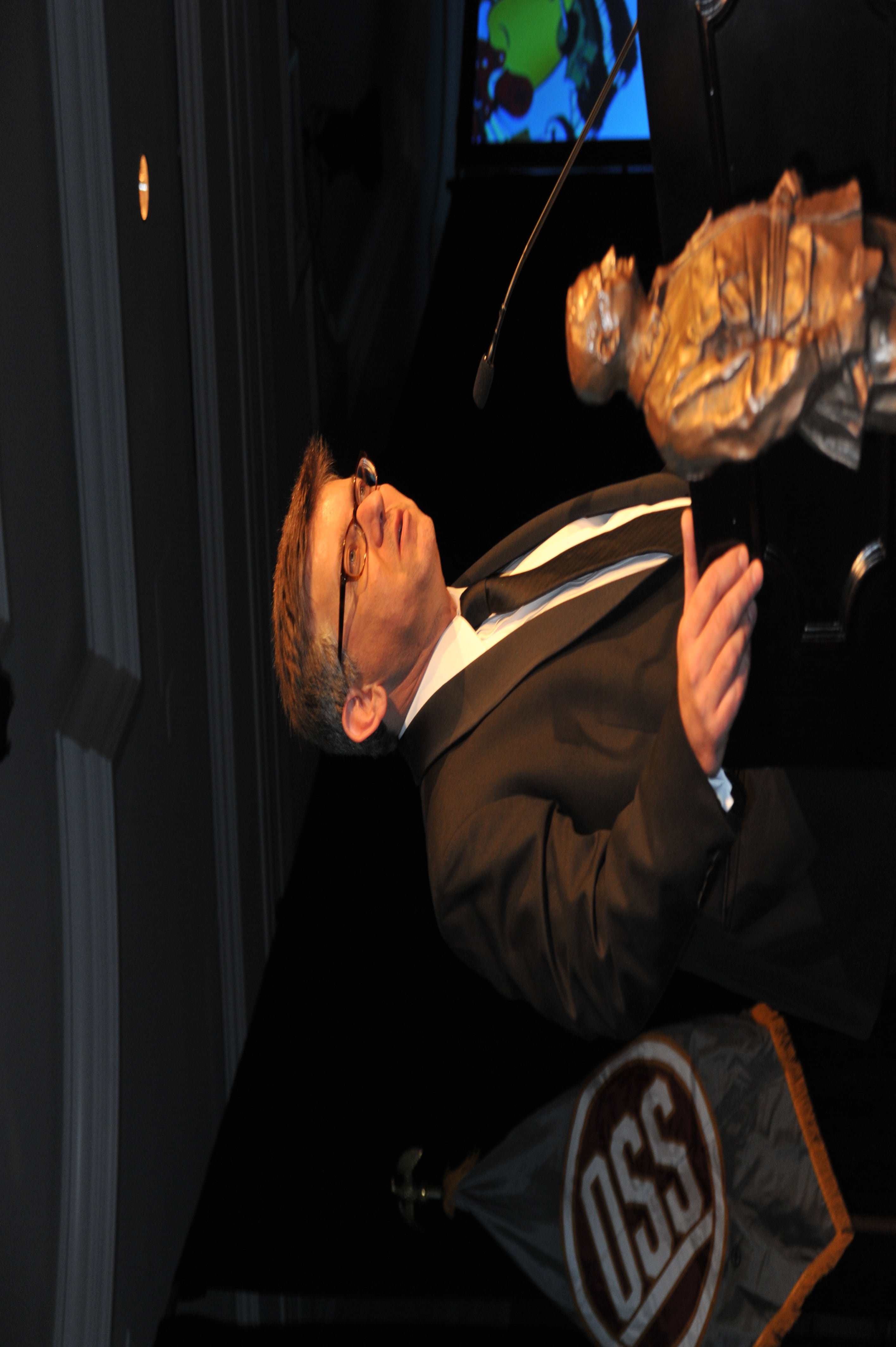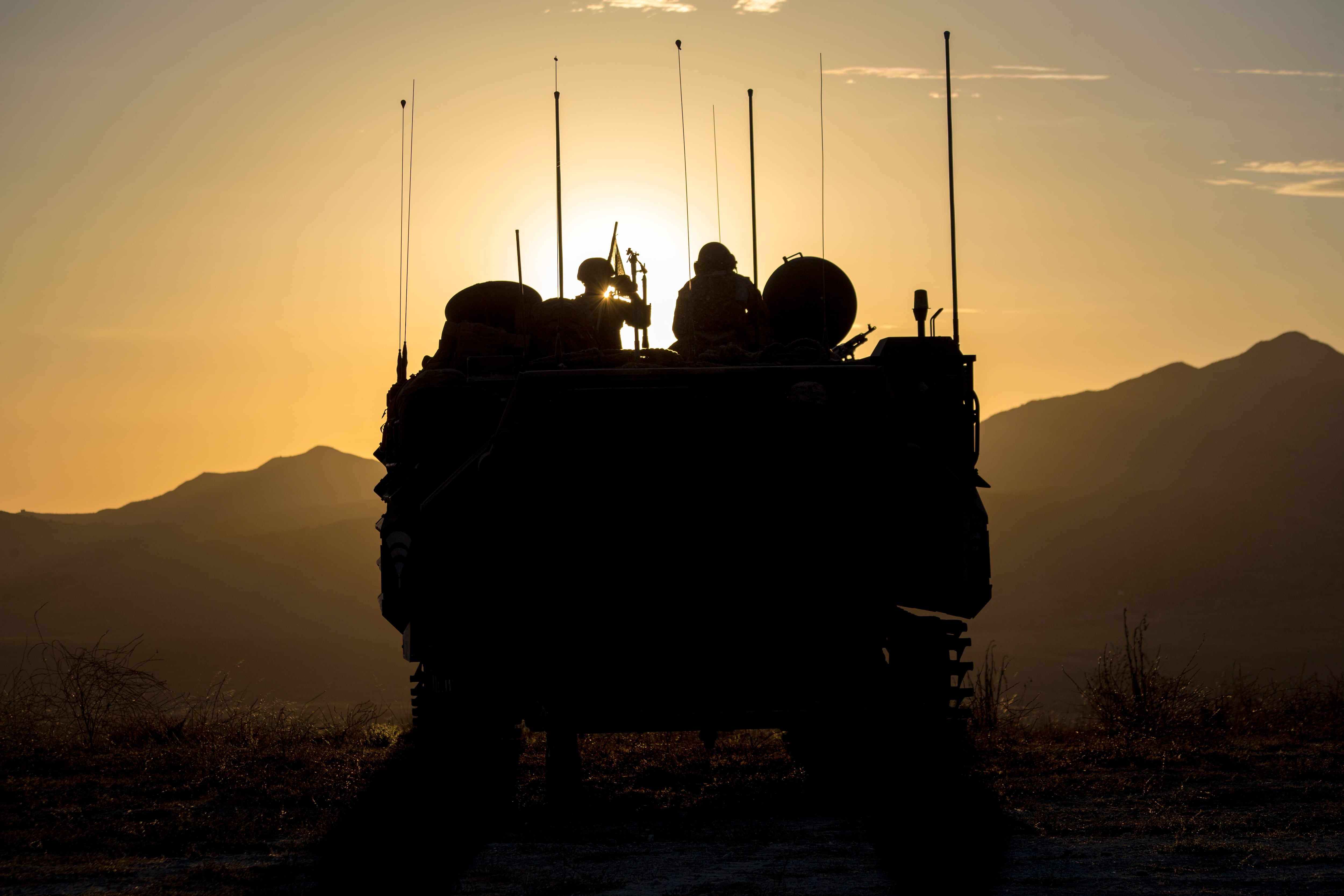The Islamic State group presents the United States with an enemy unlike any other. Fueled by religious zealotry, its message is being spread worldwide through social media to recruit and motivate its followers to undertake terrorist attacks on the West, hoping to incite governments to send ground troops to the Middle East. This would fulfill its prophecy of an apocalyptic battle between Christianity and Islam, thereby recruiting more followers to its cause. ISIS is a non-state actor with a burgeoning state. It is confounding us.
Experts have warned that the U.S. is ill-equipped to deal with such foes. Retired Navy Adm. Eric Olson, a former commander of U.S. Special Operations Command, wrote that "adversaries the world over are developing new approaches to conflict in ways that are designed to mitigate the advantages of more powerful military opponents. But we in the U.S. have neither changed our military enough, nor developed non-military alternatives that are trained, equipped and expeditionary enough to respond robustly to crises that are not primarily military in nature." Olson's recommendation is to look to our past for guidance on how to retool military and government agencies by following the example set by World War II's Office of Strategic Services, the predecessor to the CIA and USSOCOM.
OSS founder Gen. William J. Donovan said: "Espionage is not a nice thing, nor are the methods employed exemplary. Neither are demolition bombs nor poison gas. We face an enemy who believes one of his chief weapons is that none but he will employ terror. But we will turn terror against him."

Marine OSS operatives included Col. Peter Ortiz, a two-time Navy Cross recipient.
Photo Credit: Courtesy of The OSS Society
The OSS turned terror against its enemies by utilizing brutal and ingenious methods. It blew up more than 150 bridges in China to stop the advance of the invading Japanese Army. It sabotaged German railroad cars by replacing axle grease with abrasive grease to prevent the Nazis from sending tanks to meet the Normandy Invasion. Marlene Dietrich recorded songs in German that were broadcast to demoralize German soldiers. Its Morale Operations Branch disseminated inspired propaganda leaflets. One was printed on toilet paper, a rare commodity during World War II. It obtained actionable intelligence to support our military forces.
Its Special Operations Branch engaged enemy forces in direct action behind the lines, which prompted Donovan, a World War I Medal of Honor recipient, to say that OSS personnel performed "some of the bravest acts of the war." It organized and supported resistance movements in Europe and Asia by recruiting first- and second-generation Americans to return to their countries of origin. Donovan pointed out that no country in the world had as many citizens with knowledge of other countries as the United States. This is still true today.
The section of the OSS Simple Sabotage Manual about how to disrupt organizations could have been written by Mel Brooks. It suggested operatives bring up "irrelevant issues as much as possible ... hold conferences when there is more work to be done ... give speeches … misfile essential documents ... be as irritable or quarrelsome as possible without getting into trouble ... cry and sob hysterically at every occasion ... act stupid."
One OSS operative in France walked up to a German tank blocking a vital crossroad, knocked on its closed hatch and said, "mail call." When the hatch opened, he tossed a grenade inside. The deputy director of the OSS said it "assaulted the enemy's mind as well as its body; it helped confuse its will and disrupt its plans."
While these specific tactics may not apply to our struggle against ISIS, we must employ similarly creative approaches today.
We will need to recruit people as brilliant and diverse as those who served in the OSS to devise them, and some of the greatest figures in the OSS were Marines. They included the actor and Silver Star recipient Sterling Hayden; Col. William Eddy, who was described as the "Lawrence of America"; and Col. Peter Ortiz, a two-time Navy Cross recipient. Donovan also recruited our nation's leading academics to serve in the OSS and attributed much of its success to "good old-fashioned intellectual sweat."

Charles Pinck is the president of The OSS Society.
Photo Credit: Courtesy Charles Pinck
"Star Wars: The Force Awakens" opened Dec. 17. From the design of the Millennium Falcon's cockpit (patterned after a B-29), to the Nazi-inspired elements of the "Empire," including its Stormtroopers and officers' uniforms, the "Star Wars" films are replete with references to World War II. I'd like to think the Jedi Knights were inspired by the OSS Jedburghs, small three- to four-man teams that parachuted into Nazi-occupied Europe to supply, train and lead resistance organizations. (Their name may have come from 12th century Scottish guerrillas who used their axes with legendary skill.) In "Eisenhower's Guerrillas: The Jedburghs, The Maquis, and the Liberation of France," Ben Jones writes that "the Jedburghs were a courageous and imaginative group of Allied soldiers whose experiences directly impact how we wage insurgencies and counter-insurgencies today."
Drawing on its OSS heritage, the U.S. Army Special Operations Command has created new Jedburgh teams.
May the Force of the OSS be with us.
Editor's note: Charles Pinck is president of The OSS Society, a 501(c)(3) charitable organization that honors the historic accomplishments of the Office of Strategic Services, and its successors, the CIA and U.S. Special Operations Command. Its membership is comprised of OSS veterans, their descendants, and members of the intelligence and special operations communities.





